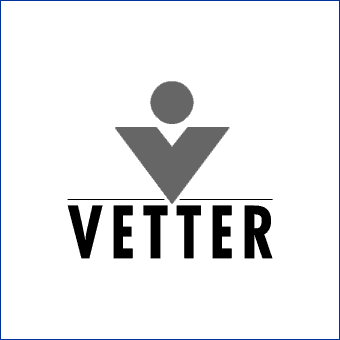Genentech has entered into a strategic alliance with Canadian pharmaceutical Xenon to discover and develop new drugs and companion diagnostics to treat pain. The partnership highlights a growing interest in personalized medicine approaches to drug development and is significant in that it is in an area long dominated by one-size-fits-all strategies.
Privately-held Xenon is focused on the discovery and development of small molecule therapies based on the genetic causes of select metabolic, neurological, and cardiovascular diseases. Genentech, a division of Roche, will work with Xenon to discover new therapeutic approaches for treating pain.
Under their agreement, Genentech will have an exclusive license to compounds and a non-exclusive license to diagnostics from Xenon for the development and commercialization of products resulting from their collaboration. Xenon will get an undisclosed upfront payment and research funding. It could receive as much as $646 million from Genentech if it hits certain development and sales milestones for multiple products and indications. Xenon will also receive royalties on sales of any commercialized products.
“Genentech is among the world’s leading biotech companies and an ideal strategic partner for Xenon as we share a common emphasis on using human genetics for drug development,” says Simon Pimstone, president and CEO of Xenon. “Further, this collaboration allows Xenon to both deepen and broaden our pipeline of novel medicines in development.”
The Genentech/Xenon collaboration was not the only personalized medicine deal in the first weeks of January. Ventana Medical Systems, another Roche division, entered into three collaborative agreements back-to-back for the development of companion diagnostics for oncology drugs. Two other such partnerships, between Amgen and Dako and between Sanofi and Foundation Medicine, rounded out a big week for companion diagnostics makers.
Roche’s diagnostics division struck deals with Aeterna Zentaris, Syndax Pharmaceuticals, Pfizer, and Cell Signaling Technology for the development of companion diagnostics for approved and novel cancer therapeutics.
It will work with Canadian drugmaker Aeterna Zentaris to develop a test that determines luteinizing hormone-releasing hormone (LHRH) receptor expression. In humans, LHRH receptors are expressed in a significant proportion of endometrial, ovarian, breast, bladder, prostate and pancreatic tumors. Aeterna’s mid-stage investigational cancer drug AEZS-108 specifically targets these receptors and therefore, could prove to be more efficient in treating patients with these types of LHRH-receptor positive cancers. The company has successfully completed mid-stage trials of AEZS-108 in advanced endometrial and ovarian cancer.
Ventana Medical Systems will also work with Syndax Pharmaceuticals to develop a companion diagnostic for a Syndax drug being developed to treat non-small cell lung cancer patients. Ventana will provide the assay for use in selecting patients for a clinical study of Syndax's lead molecule entinostat in combination with Tarceva (erlotinib), a drug currently marketed as a treatment for the lung cancer. Ventana said that it will validate the assay, which it developed in 2010 to measure levels of E-cadherin in epithelial tissues. Syndax recently completed a mid-stage study of the drug and found that a subset of patients with tumors expressing high levels of the protein E-cadherin experienced a more favorable overall survival. Syndax intends to select this patient population in the confirmatory study planned to start in the second half of the year.
Ventana’s third deal is an agreement with Pfizer and a license agreement with Cell Signaling Technology to develop the first fully automated and standardized immunohistochemistry (IHC) companion diagnostic test for ALK gene rearrangements. The test is intended to identify non-small cell lung cancer patients with anaplastic lymphoma receptor tyrosinekinase (ALK) gene rearrangements who may benefit from Pfizer's Xalkori, which was approved in the United States in August of 2011. The test will measure the associated protein product when an ALK gene rearrangement is present.
Danish cancer diagnostics firm Dako entered into a development and collaboration agreement with Amgen to develop a diagnostic test for an Amgen cancer drug candidate targeted for a rare and deadly cancer. Finally, privately-held Foundation Medicine will use its genomic sequencing and analytic capabilities to identify genetic biomarkers and potential companion diagnostics for select Sanofi cancer drug candidates in a strategic collaboration with the company.
January 13, 2012
http://www.burrillreport.com/article-genentech_partners_with_xenon_pharmaceuticals_in_646m_pain_pact.html






.gif)